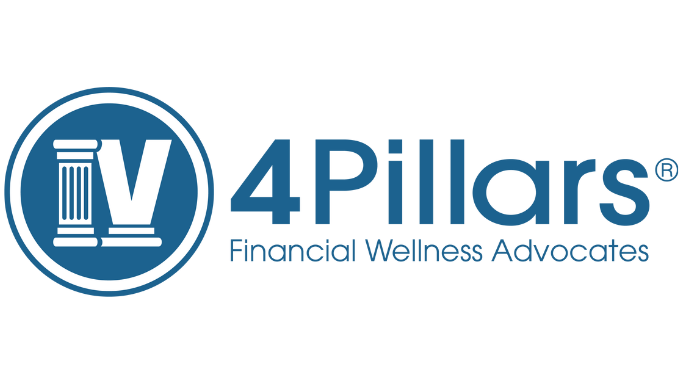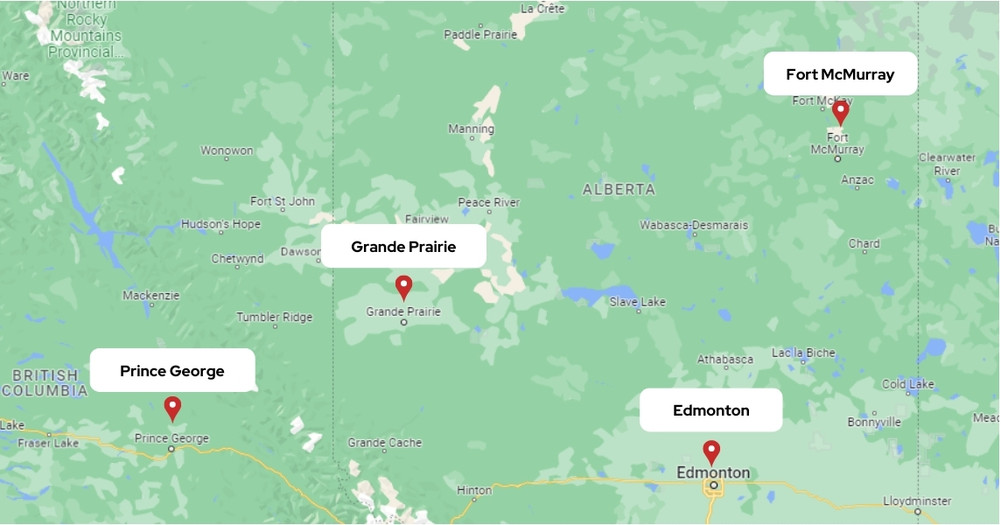Spring into a Fresh Financial Start
Spring is a time for renewal and fresh beginnings, and your finances should be no exception. If debt is holding you back, now is the perfect time for a financial detox—a way to eliminate bad money habits and replace them with mindful financial practices.
Here are some smart strategies to help you break free from harmful spending cycles and create a healthier financial future.
1. Identify Toxic Spending Habits
Before you can fix financial habits, you need to recognize the patterns that may be harming your financial well-being.
- Emotional Spending – Shopping to cope with stress or boredom.
- Ignoring Your Budget – Overspending without tracking expenses.
- Relying on Credit Cards – Using credit for daily expenses instead of cash.
- Minimum Payments Only – Paying just the minimum on debts, leading to high-interest costs.
If these sound familiar, don’t worry—a fresh start is possible!
Need help breaking free from debt? Talk to a debt consultant today.

2. Create a Debt Detox Plan
Step 1: Get Clear on Your Debt
Make a list of all your debts, including credit cards, loans, and outstanding balances. Knowing where you stand is the first step to taking control.
Step 2: Prioritize Debt Repayment
Focus on high-interest debts first—these cost the most in the long run. Consider using the debt snowball (smallest debt first) or debt avalanche (highest interest first) method.
📌 Struggling to manage your debt? Explore your debt relief options.
Step 3: Adjust Your Spending Habits
Once you’ve identified toxic spending triggers, create a plan to replace them with healthier financial choices.
- Instead of impulse shopping → Create a 24-hour rule before making a purchase.
- Instead of dining out often → Plan home-cooked meals and budget for special outings.
- Instead of swiping your credit card → Use cash or a debit card to stay within budget.
3. Set a New Financial Routine
A financial reset is just like a health reset—it requires consistent habits to see long-term results.
Track Your Spending Weekly
Take 10 minutes each week to review expenses. Are you sticking to your budget? If not, make adjustments.
Build an Emergency Fund
An emergency fund acts as a financial safety net, so you don’t have to rely on credit when unexpected expenses arise.
💡 Goal: Start with $500 to $1,000, then gradually build to three to six months’ worth of expenses.
Work with a Debt Consultant
If you’re unsure how to get started with debt repayment or financial planning, a professional can help you build a personalized strategy.
Schedule a free debt help consultation today!

4. Upgrade Your Financial Mindset
Your relationship with money plays a big role in your financial success. Shifting your mindset can help you break free from bad habits and make smarter choices.
Reframe How You See Debt
🚫 Instead of: “Debt is just a part of life.”
✅ Think: “I can take control and become debt-free!”
Surround Yourself with Smart Financial Advice
Follow trusted financial experts, read books on money management, and listen to podcasts that teach healthy financial habits.
Recommended Reads: The Psychology of Money by Morgan Housel & Your Money or Your Life by Vicki Robin.
Celebrate Small Wins
Each step you take toward paying off debt or improving your budget is worth celebrating! Acknowledge your progress to stay motivated.
Take the First Step to Financial Freedom
A financial detox isn’t about restrictions—it’s about regaining control and building a future you’re proud of.
Spring is the perfect time for a fresh start! If you’re ready to detox your debt and reset your financial habits, contact our consultants today.



